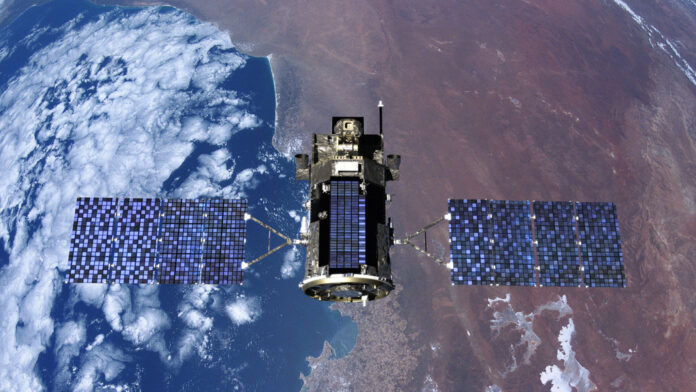In a groundbreaking collaboration, Russia and China have achieved a milestone in quantum communications, testing an ‘un-hackable’ satellite-based system that spans a distance of nearly 4,000 km, Eurasian Times reports.
This cutting-edge initiative, utilizing the Chinese Mozi satellite, marks a significant leap in quantum technology, opening avenues for secure and unprecedented communication.
Alexey Fedorov, associated with Russia’s National University of Science and Technology and the Russian Quantum Center (RQC), disclosed the success of the experiment conducted last year in a paper released in mid-December.
The experiment involved transmitting a message from a ground-receiving station in China to another facility in Russia, demonstrating the feasibility and effectiveness of long-distance quantum communication.
This achievement is a testament to the growing prowess of quantum technology and its potential to revolutionize secure communications.
The collaboration extends beyond technological milestones; it carries geopolitical significance as Russia and China intend to expand this quantum communication system to encompass friendly nations in the Global South.
The project not only underlines the strategic partnership between Moscow and Beijing but also serves as an invitation to India, urging its participation in this cutting-edge venture.
India’s hesitancy to engage in quantum technology collaboration with Russia reportedly arises from security apprehensions concerning China, given the latter’s active support and funding for critical technologies in the quantum domain.
Russian President Vladimir Putin, during the Future Technologies forum on July 13 last year, expressed his anticipation of substantive discussions on “specific projects” with Indian partners, with a particular focus on advancing cutting-edge technologies in computing, data processing, storage, and transmission.



